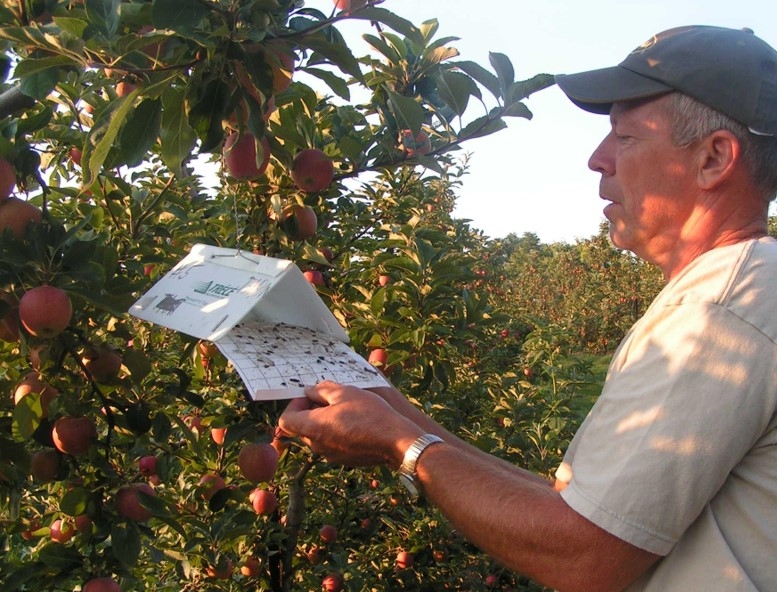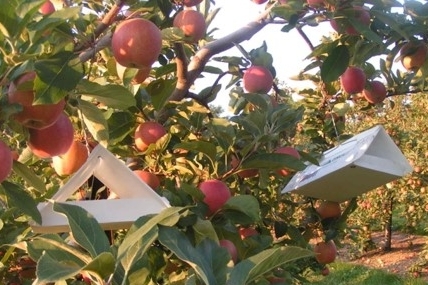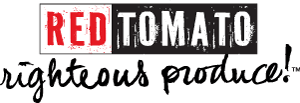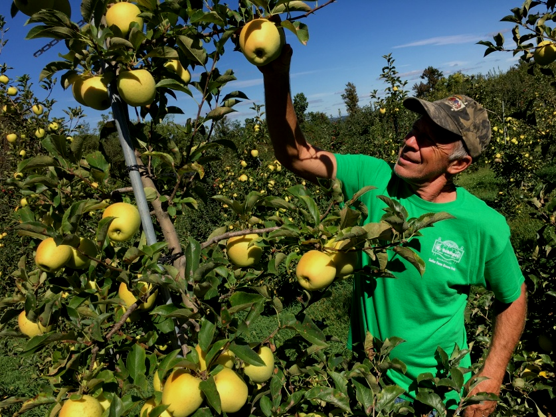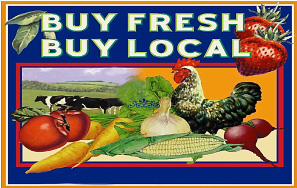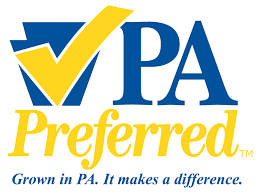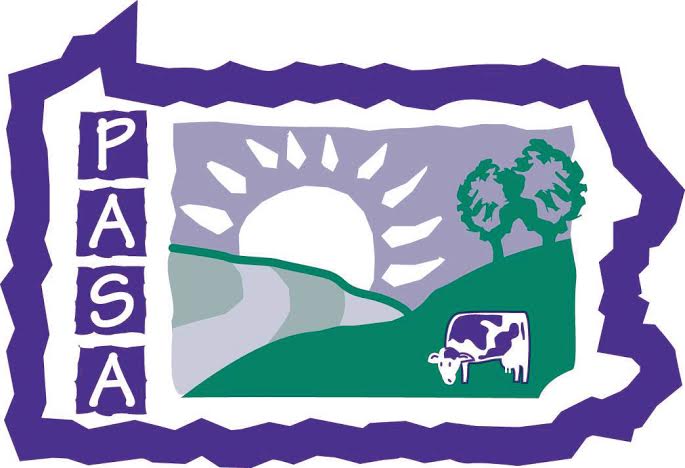Our Safe Growing Practices
Third Party IPM Certified
“Since the implementation of IPM in our orchards we have been able to reduce our pesticide use by up to 80%.”
K. Schlegel Fruit Farm is certified to use IPM growing methods set in place by the IPM Institute of North America. This third party certification means that we earned this certification by following the strict growing protocols and passing the farm inspection set in place by the IPM Institute of America.
IPM means responding to pest problems with the most effective, least-risk option.
Applications of pesticides are always the last resort in an IPM program. If we have to spray, the pesticides that we use come from a reduce risk category which means they have a low impact on human health, lower toxicity to nontarget organisms (e.g., birds, fish, plants), low potential for groundwater contamination, low use rates and low pest resistance potential.
“We do not use any pyrethroids, carbamates, or organophosphates in our orchards.”
The orchard is looked at and treated as an ecosystem as opposed to the “one size fits all” method of controlling pest and diseases in conventional growing, usually by spraying. IPM takes into account the geography, climate, pests, and diseases that our farm specifically has to deal with and then looks at any available biological controls (beneficial insects), soil health, and nutritional support for our trees, enabling us to deal with pests and diseases in a way that is safe for everyone and everything in the orchard. We try to create an environment on our farm in which beneficial insects can thrive and in turn help us to naturally control destructive pests. We monitor the pests in our orchards by using extensive bug trapping methods. This helps us know which pests are and are not present in our orchards. This allows us to make an educated decision on which pest control measures we need to take.
We also implement full orchard insect mating disruption which uses insect pheromones to help control pests.
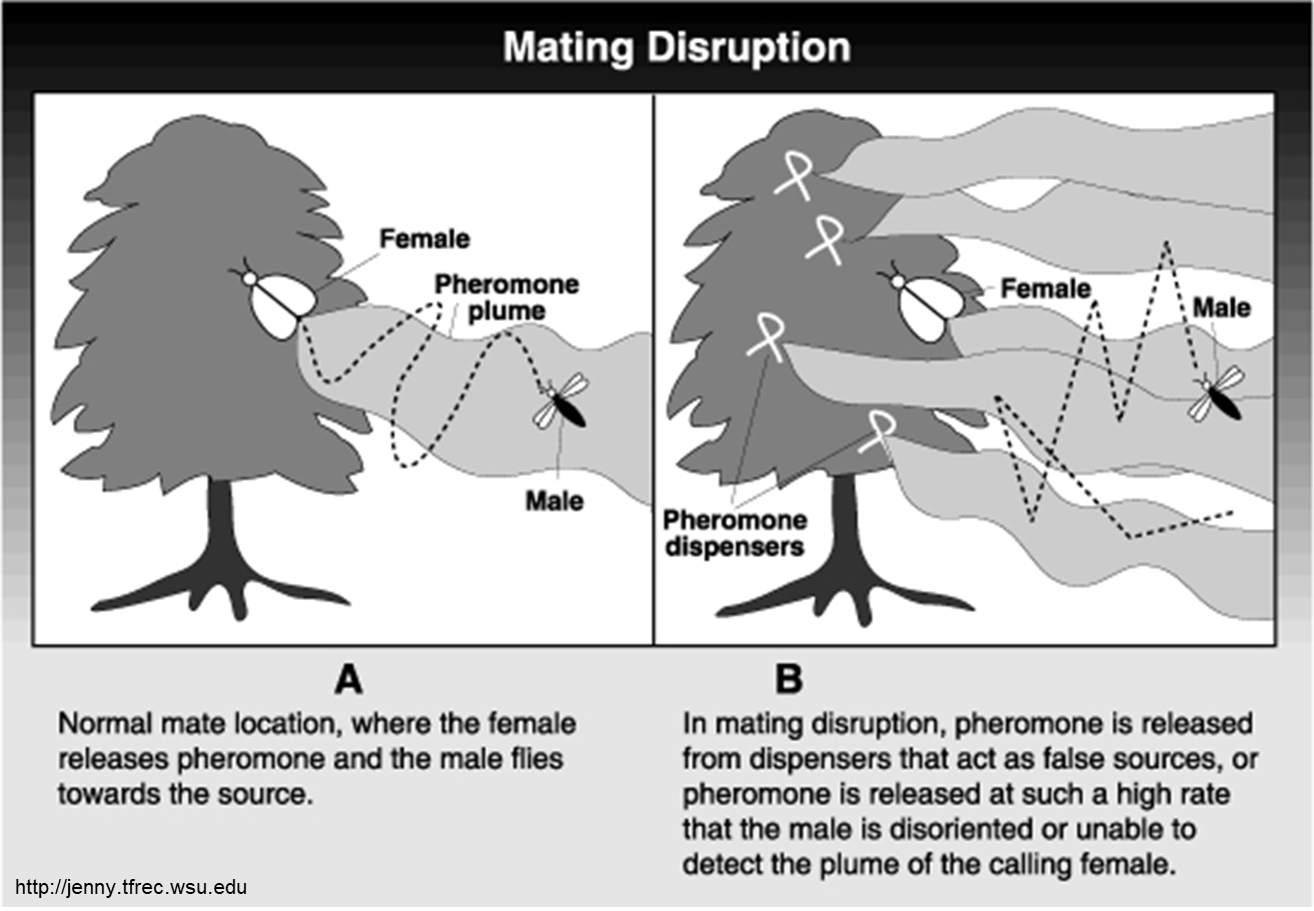
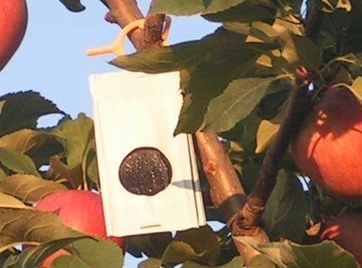
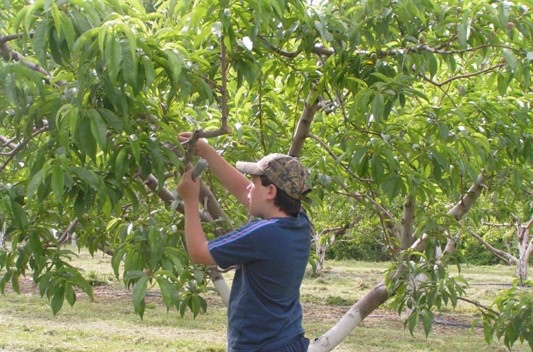
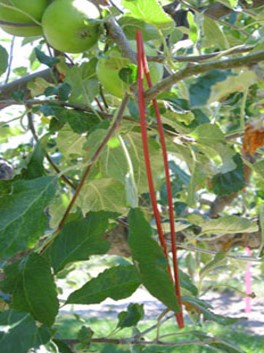
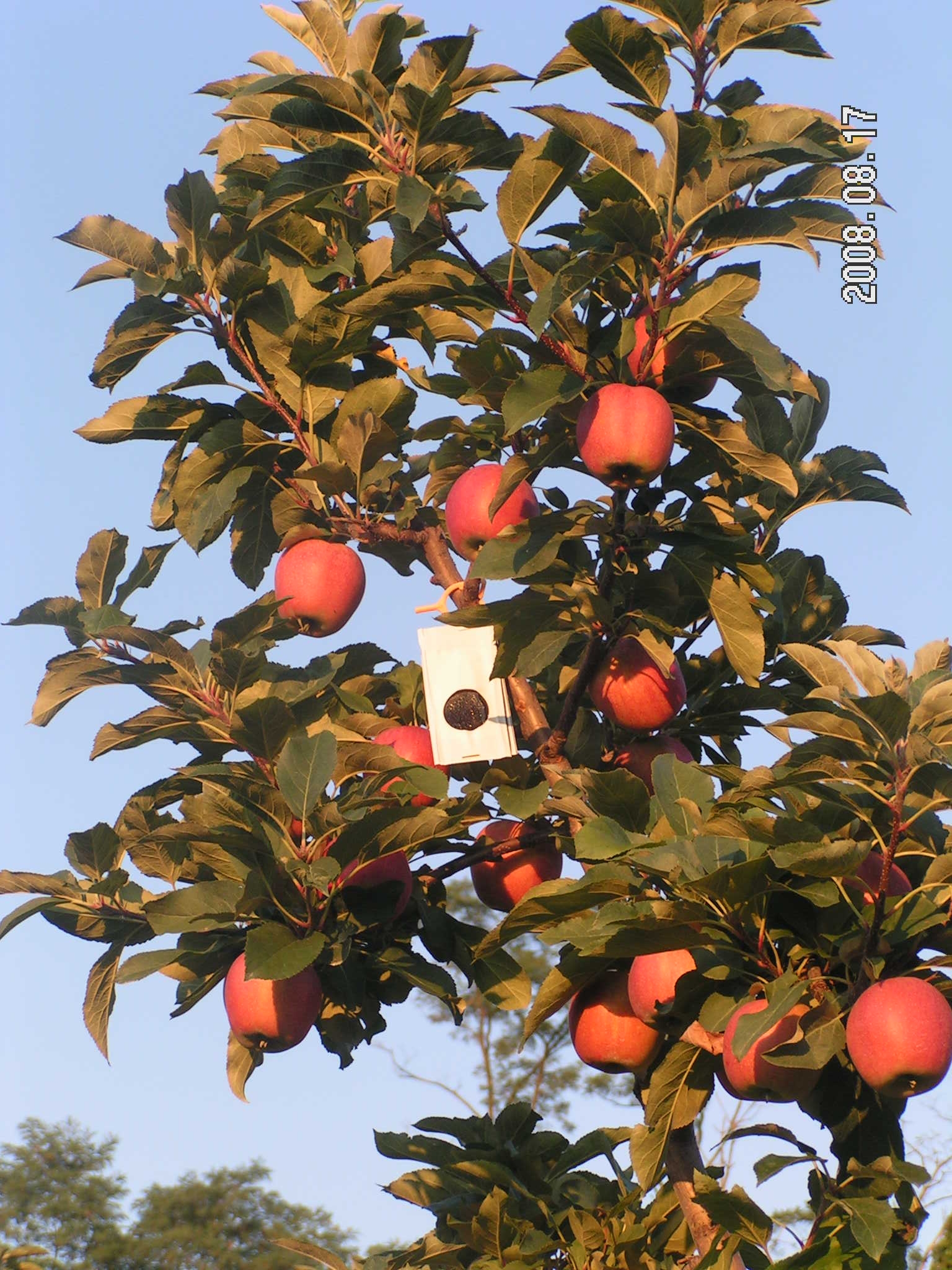
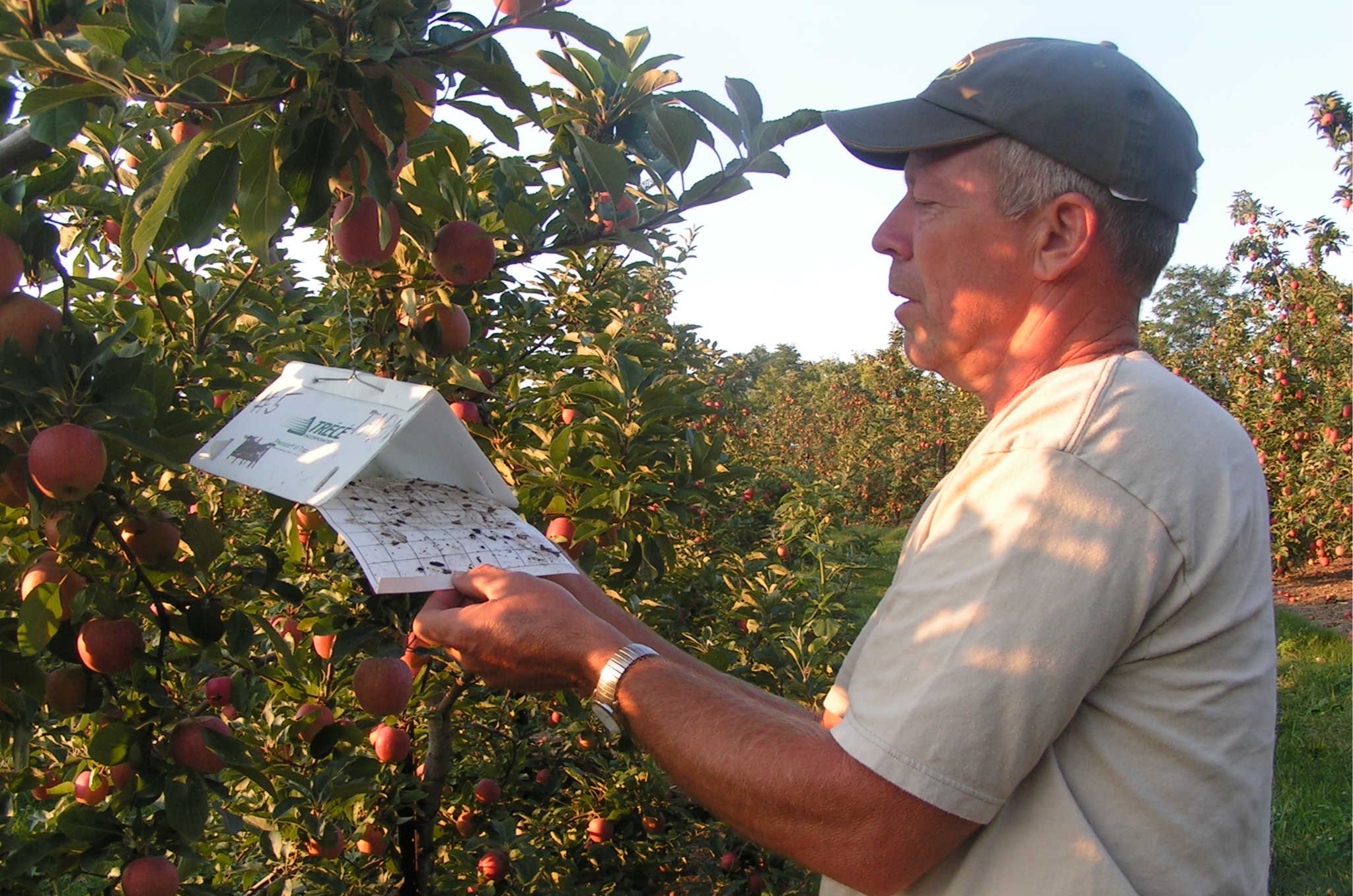
Since the implementation of IPM and using mating disruption in our orchards we have been able to reduce our pesticide use by up to 80% when compared to conventional growing. We have also witnessed the flourishing of many beneficial insects that work with us to control destructive pests in the orchard and ensure a naturally functioning ecosystem.
To learn more about IPM click here.
Eco-Apple Growers
We have been members of Red Tomato, specifically Eco Apple since 2010. Red Tomato defines sustainability as being good stewards of the earth, rallying for fair and safe treatment of farmers and workers, ensuring wide access to affordable healthy food, and the financial well being of their farms. Along with trusted knowledge and advice from university scientists and farmers, Red Tomato has set strict protocols for growing certified Eco Apples.
"Trust the farmer. Know the orchard. LOVE the fruit."
-Red Tomato
Click on the links below for more information and more detailed explanations of Red Tomato's strict growing protocols.
Strict standards that we follow in order to be members of Red Tomato.
Strict standards that we follow in order to be certified Eco Apple growers.
Buy Fresh Buy Local, Local Harvest, PA Preferred, and PASA
We are also members of Buy Fresh Buy Local, Local Harvest, PA Preferred, and Pennsylvania Association for Sustainable Agriculture (PASA). Click the links to learn more.


